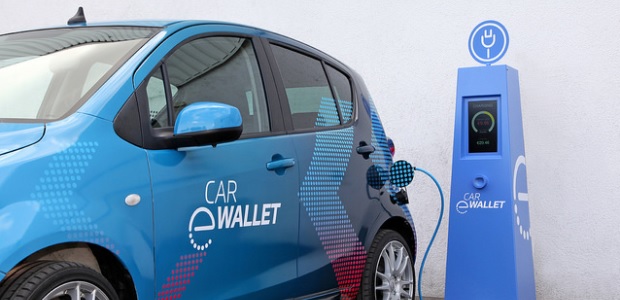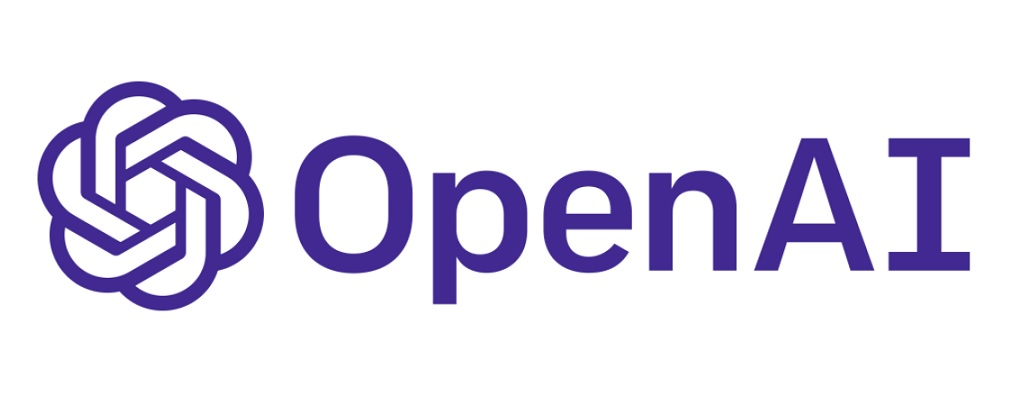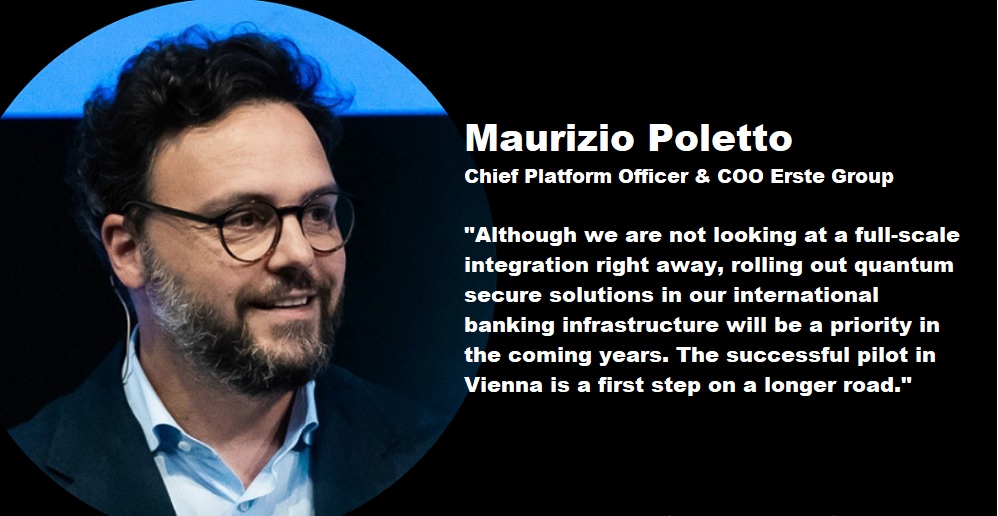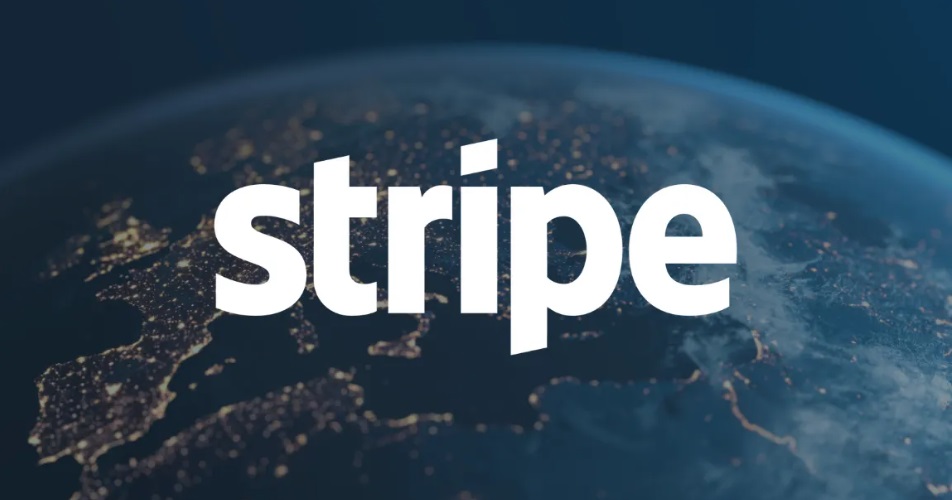Car eWallet: secure payments “On The Go” with blockchain technology

UBS, IBM and car parts manufacturer ZF are working together to build a blockchain-based payments system that automatically collects fees for things such as parking and power charging.
ZF, UBS and IBM will soon be jointly developing an open automotive transaction platform for mobility services based on blockchain technology. Car eWallet has the potential to radically change the way manufacturers, suppliers and service providers process digital transactions and considerably simplify the use of vehicle services.
Auto manufacturers, technology companies, suppliers and mobility service providers are all driving the development of driverless cars. To support autonomous driving, however, these vehicles require a digital agent that can independently carry out tasks and authorize payments without the owner or user having to be active themselves.
Car eWallet is an innovative, digital assistant in the car that allows secure and convenient payments even on the go. Moreover, it can also perform other tasks, like opening the trunk or doors. The Car eWallet is based on the IBM Blockchain technology, which makes it possible to synchronize the information of each participant in the network in a reliable and unchangeable data record. At the same time, it ensures that users only have access to the information that they are permitted to see and use.
This makes secure transactions almost in real time possible without needing a central instance or a reliable third party. The open automotive transaction platform for mobility-related services has the potential to radically change e-commerce between manufacturers, suppliers, service providers and customers.
More convenience and reliability for car sharing
“The trend toward car-sharing and future autonomous vehicles requires, now more than ever, a transaction ecosystem that everyone can use,” explains Dr. Stefan Sommer, CEO of ZF Friedrichshafen AG. “The Car eWallet technology will reduce risks and costs while dramatically improving convenience for owners and users.”
Blockchain technology redefines transactions
The platform is built on IBM Blockchain technology, which is provided through the IBM Cloud and driven by Hyperledger Fabric 1.0, a blockchain framework and one of the Hyperledger projects hosted by the Linux Foundation. With this public cloud service platform the partners intend to build a secure blockchain network that can collect fees for parking, toll, as well as future use cases such as car-sharing, energy provisioning to the power system or delivery services.
“The world of mobility is quickly evolving with self-driving vehicles, electric cars and new mobility services having quickly evolved from visionary concepts into reality. Time of great change requires transformational solutions,” said Dirk Wollschlaeger, General Manager IBM Global Automotive, Aerospace and Defense. “Together with UBS and ZF, we are engineering a new mobility platform to redefine how, when and where traditional transactions occur.”
Veronica Lange, Head of Innovation at UBS adds: “In today’s digitally connected world, no single institution works in isolation. As a leading financial services institution we pursue the development of a new platform that will transform how transactions and payments between vehicles and other machines can be done efficiently and safely.”
Source: IBM
Dariusz Mazurkiewicz – CEO at BLIK Polish Payment Standard
Banking 4.0 – „how was the experience for you”
„To be honest I think that Sinaia, your conference, is much better then Davos.”
Many more interesting quotes in the video below:










